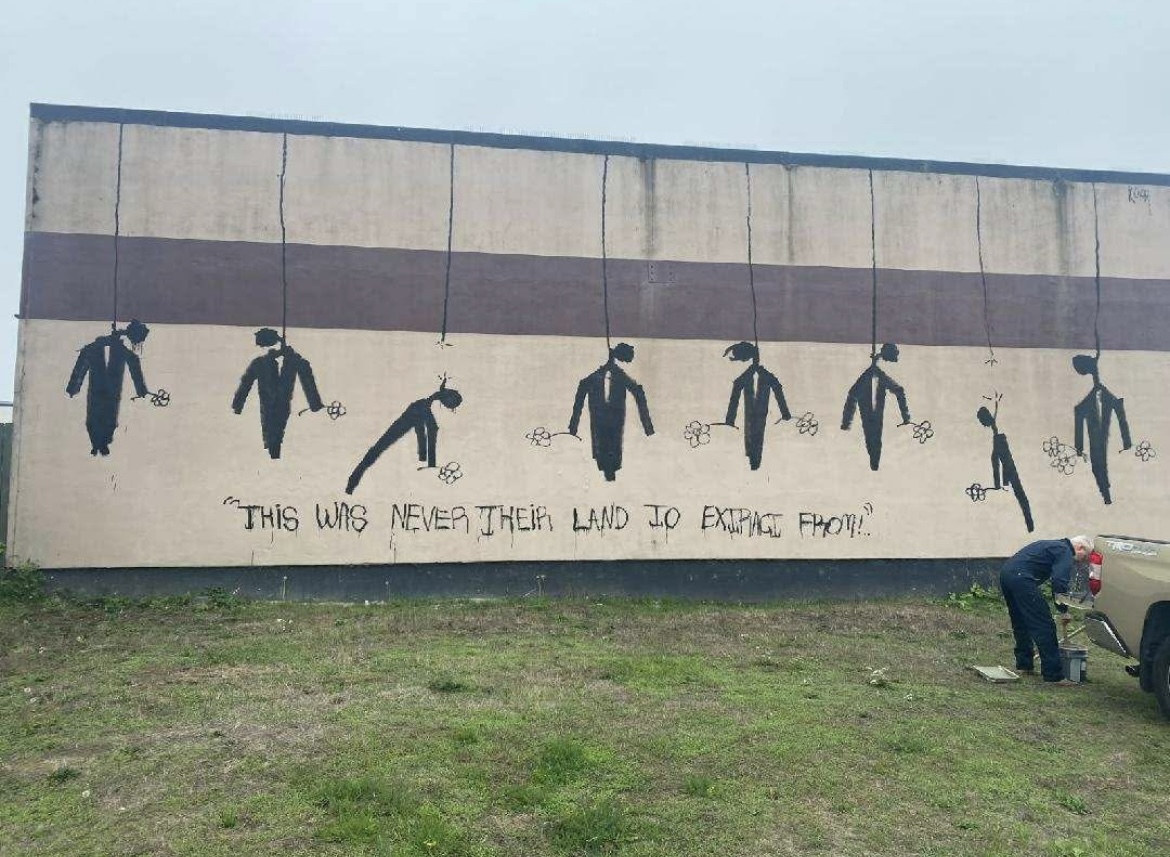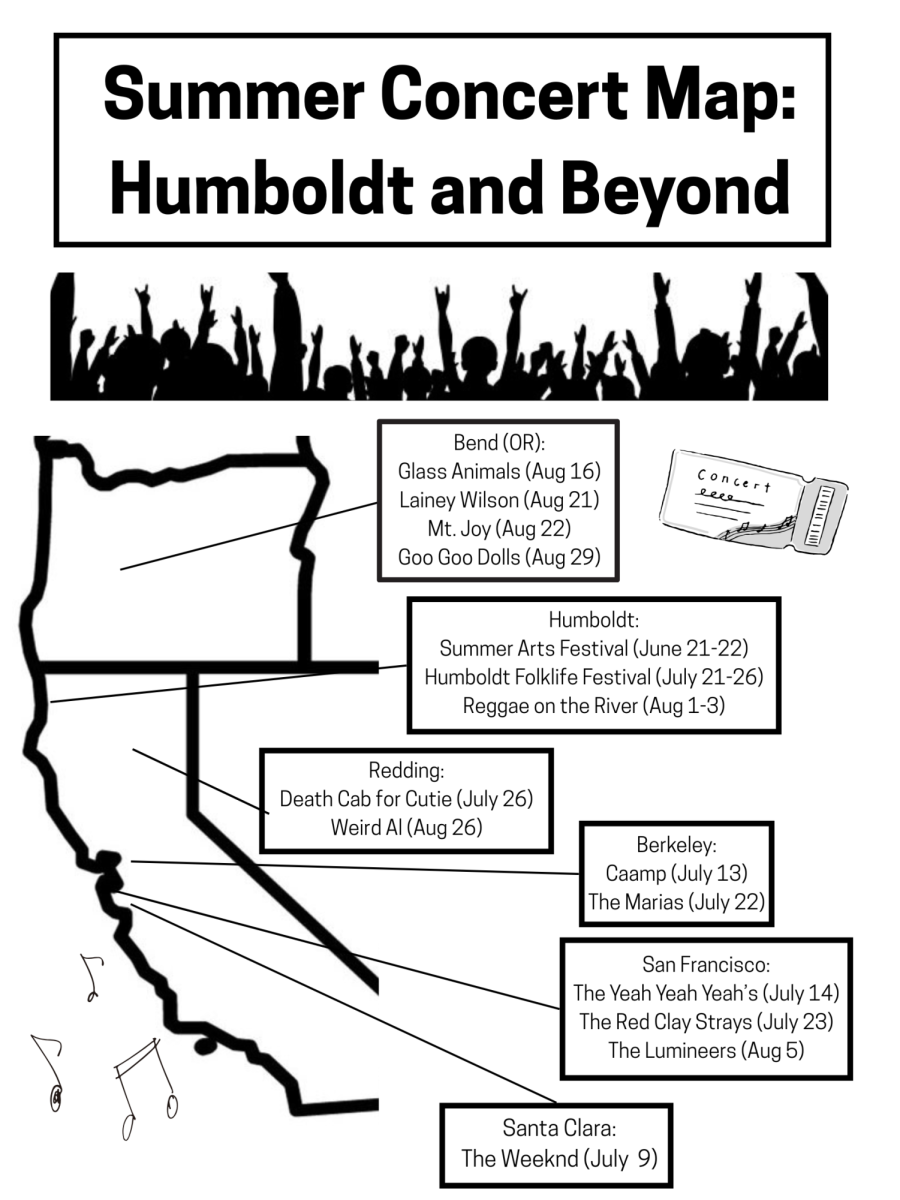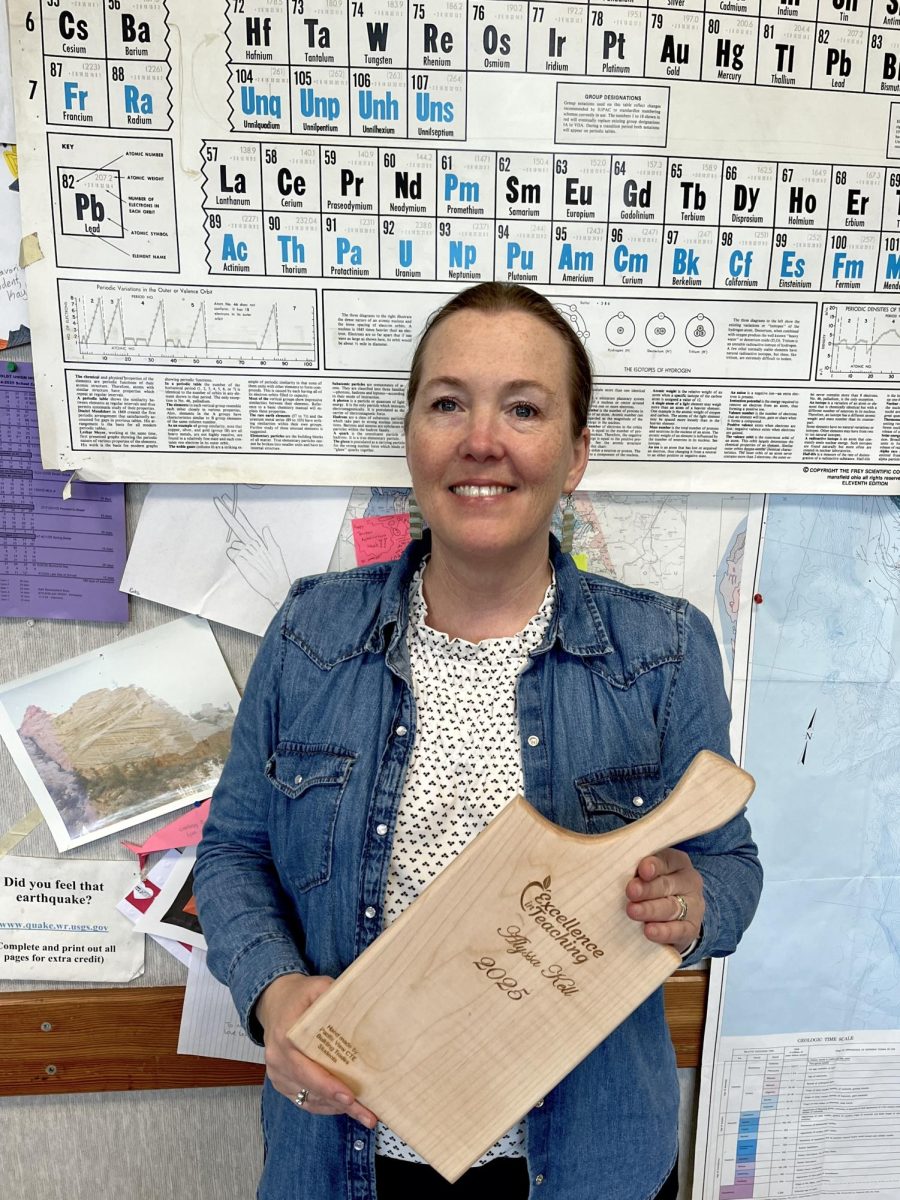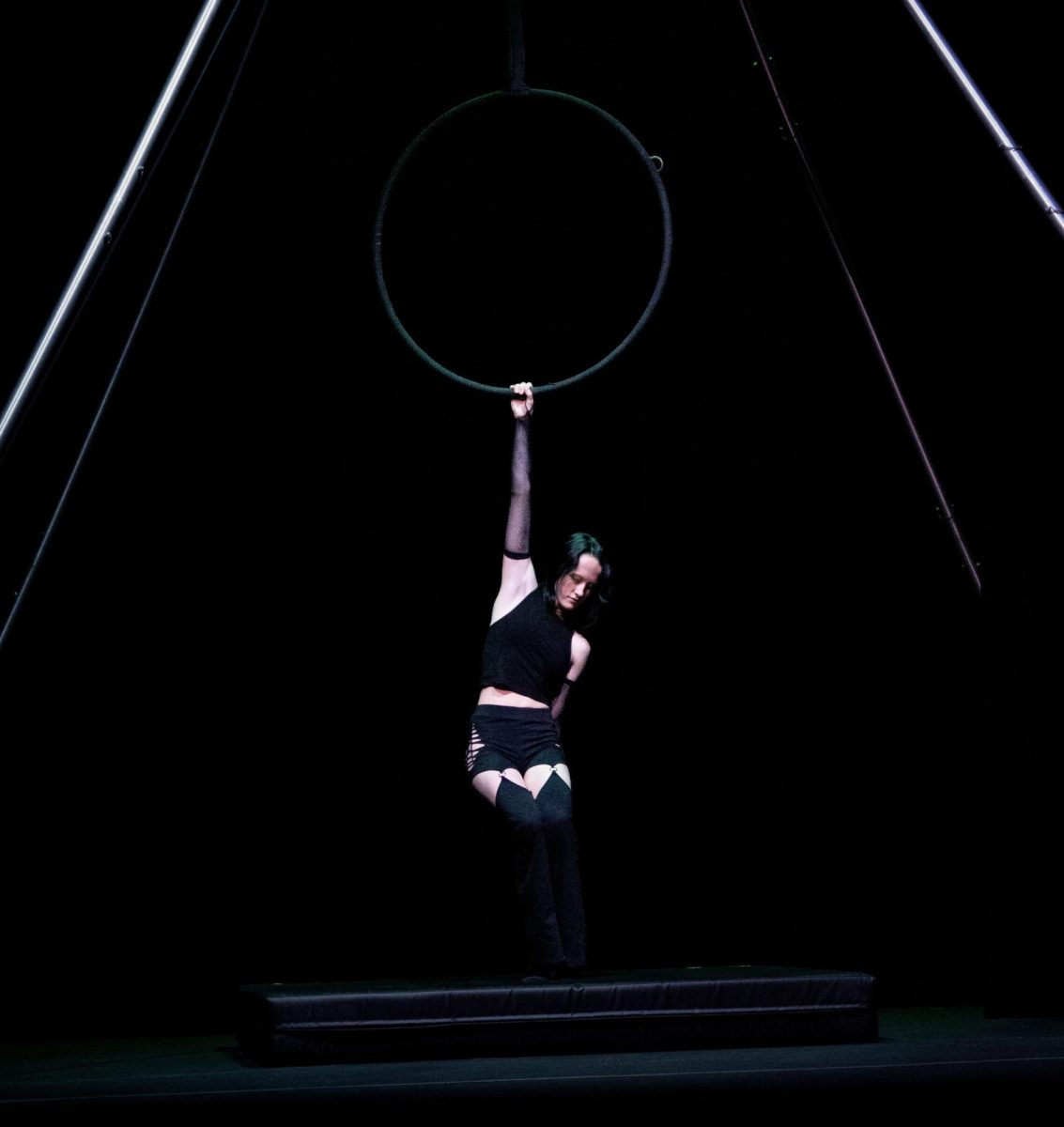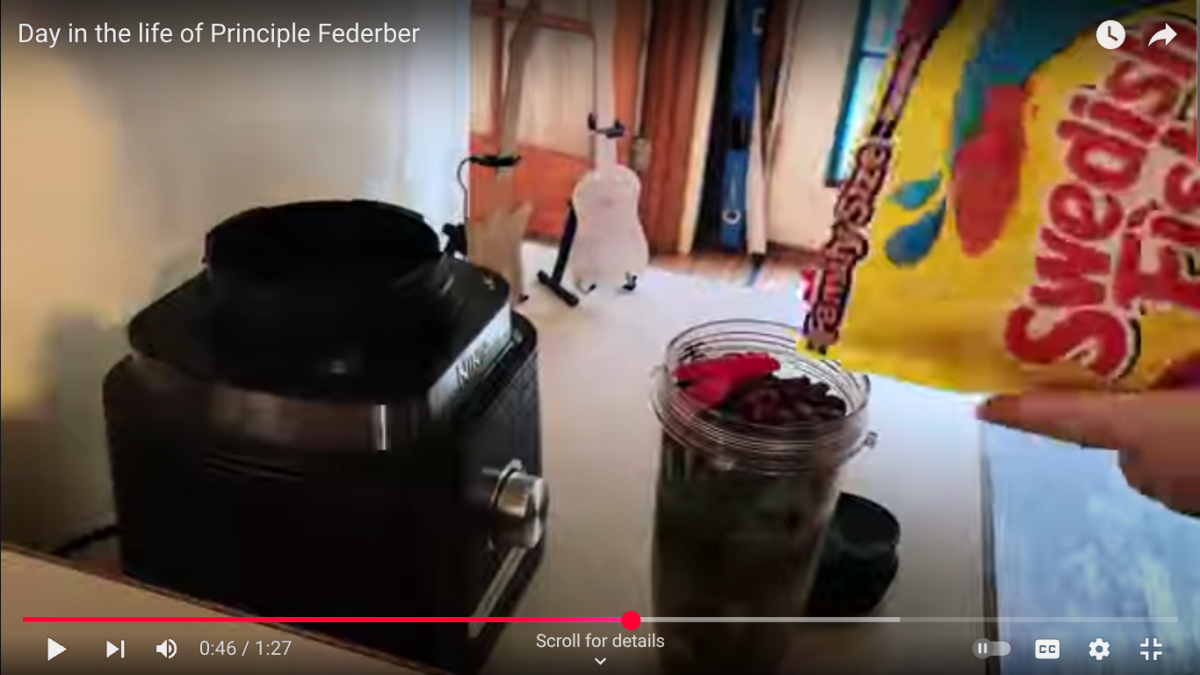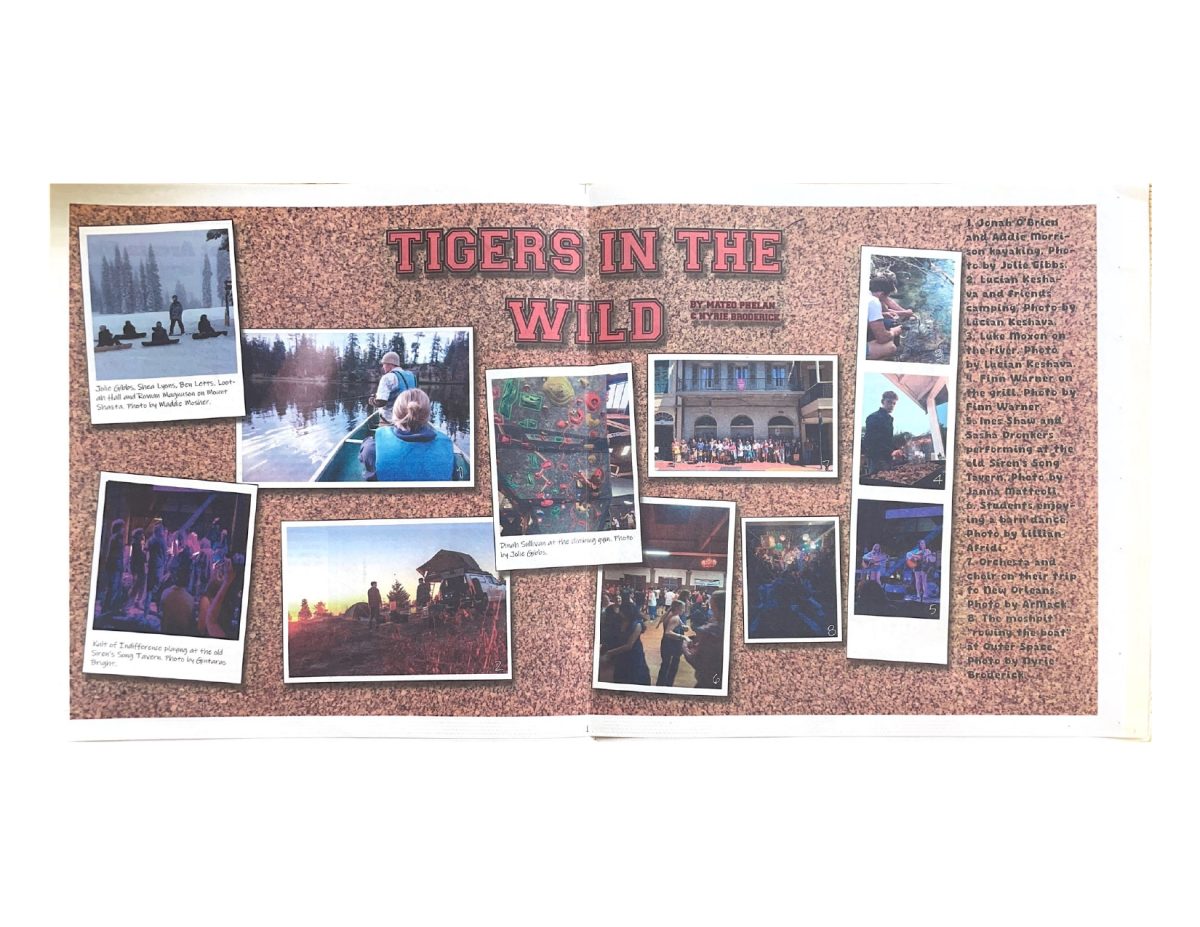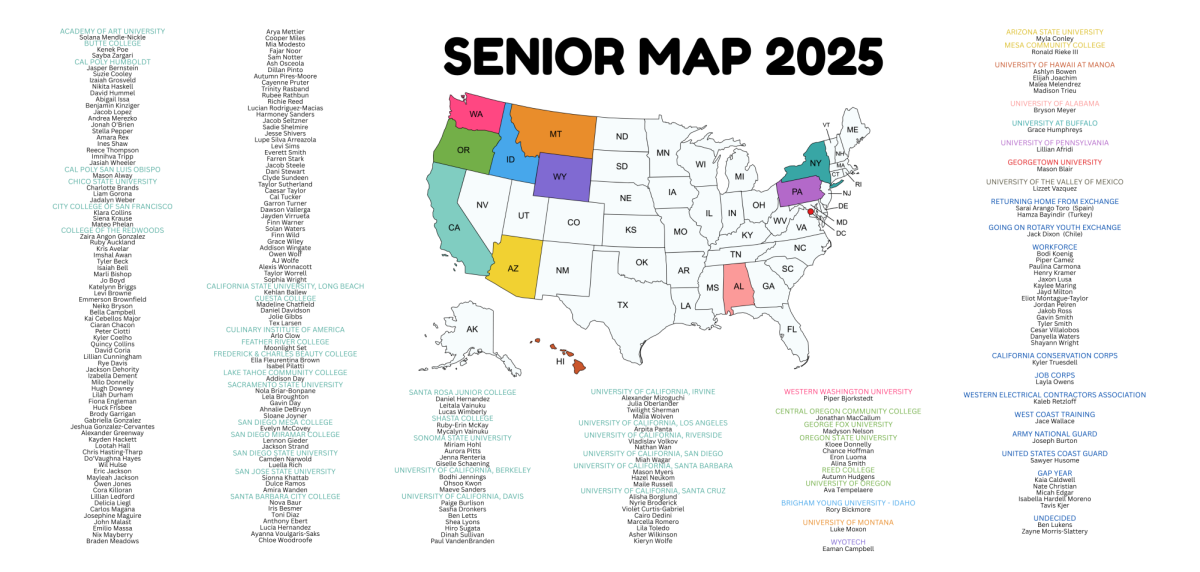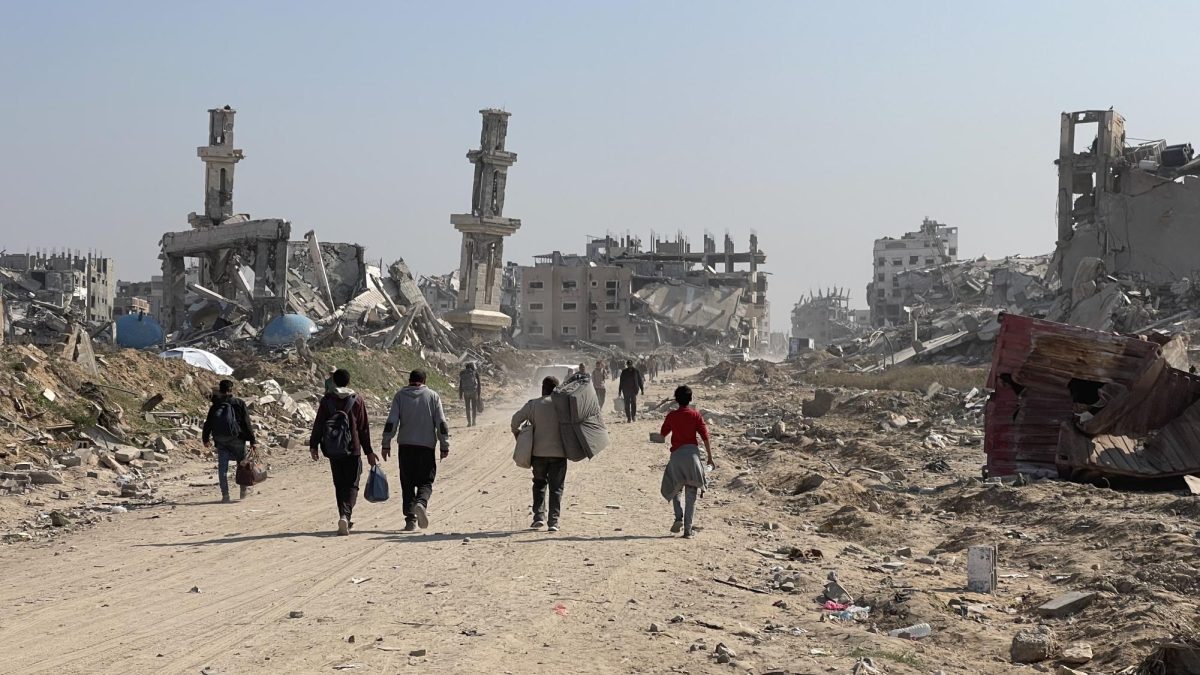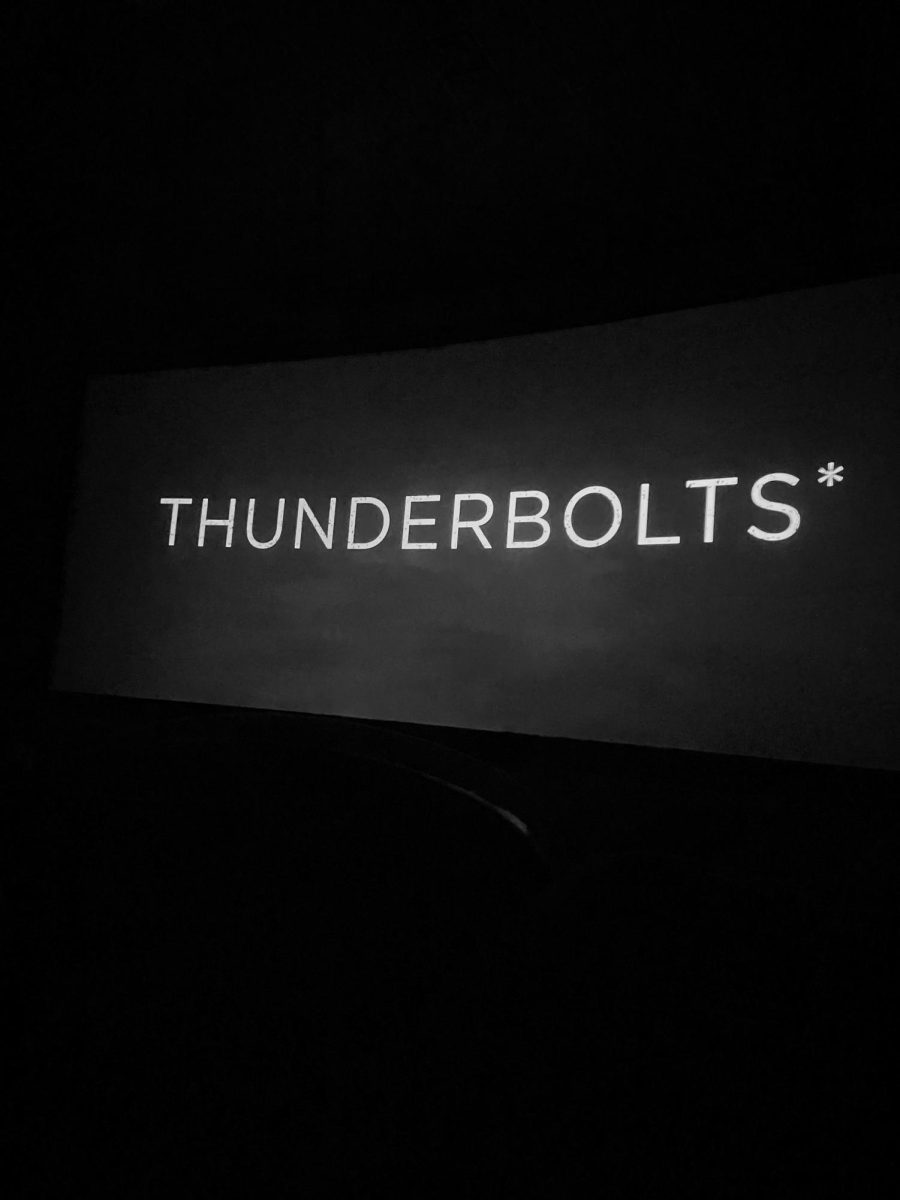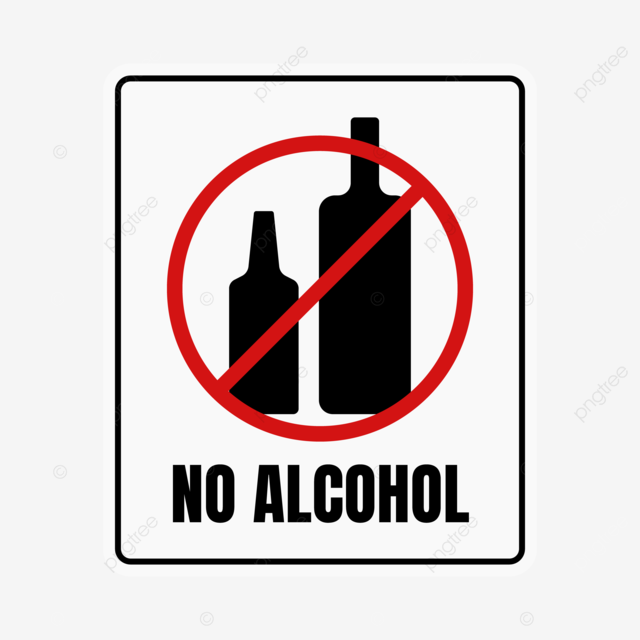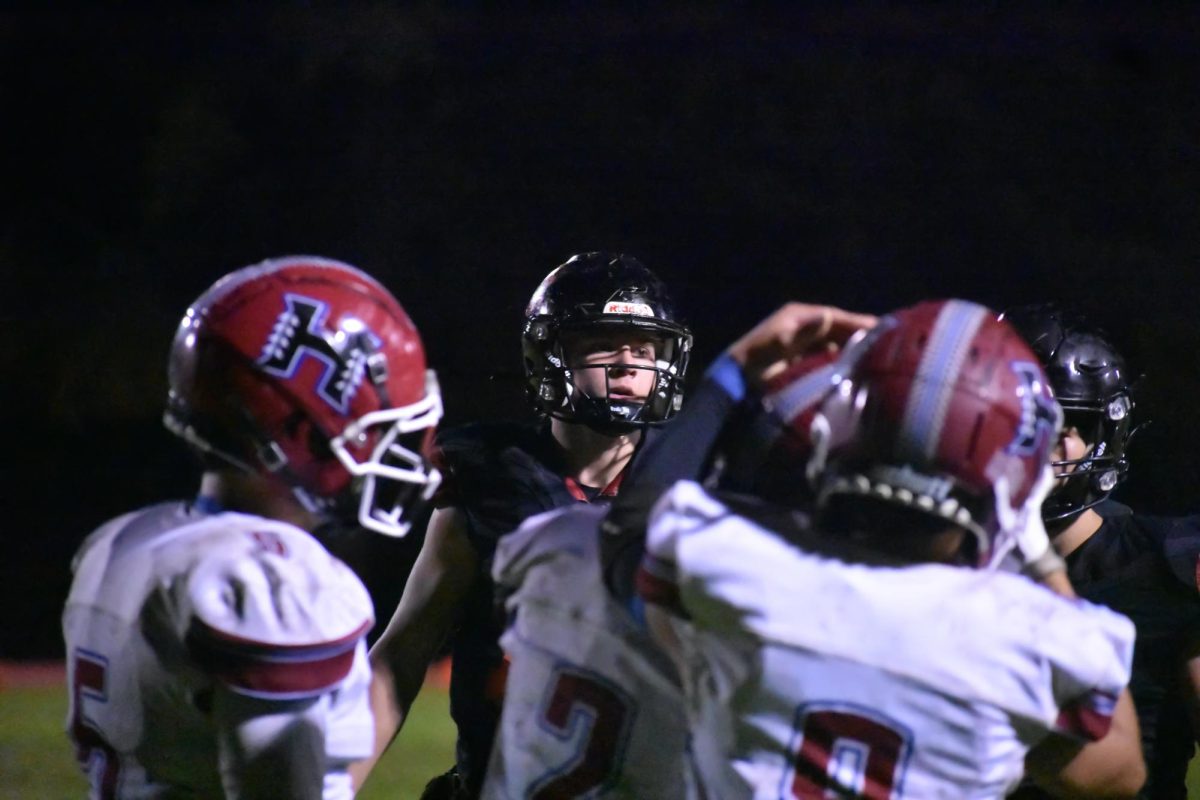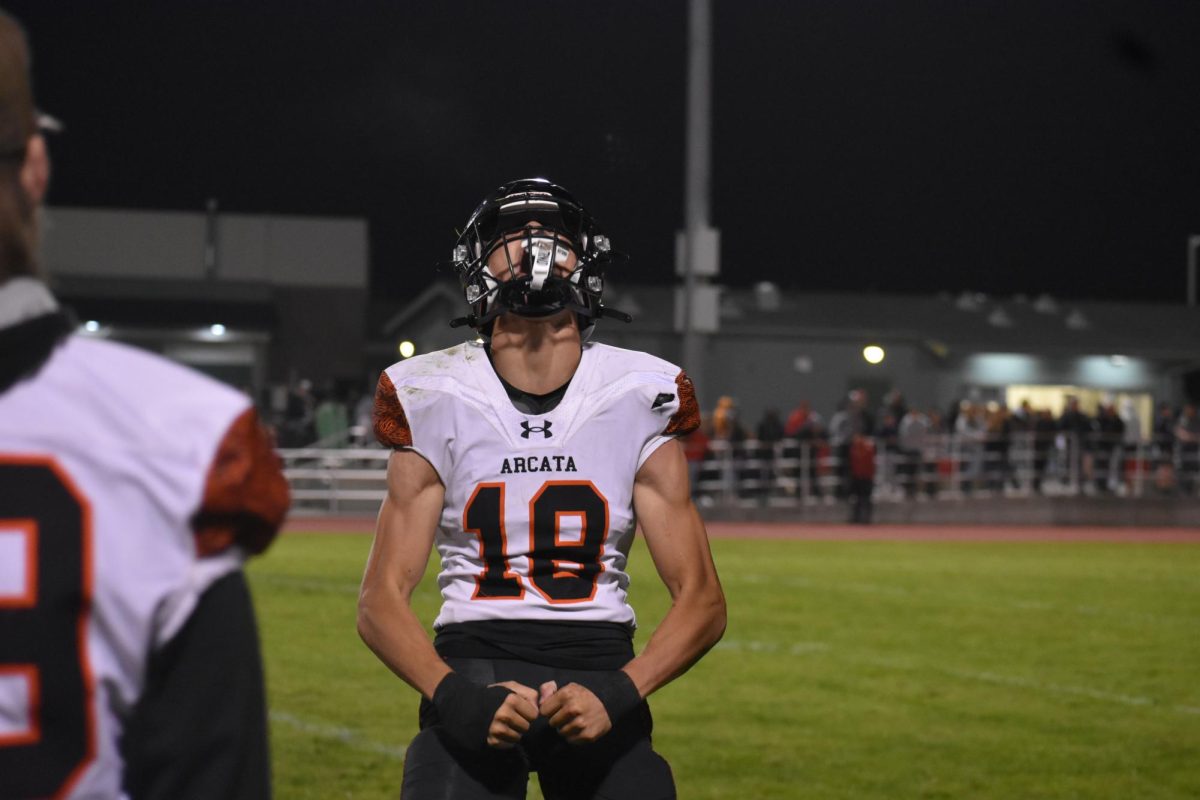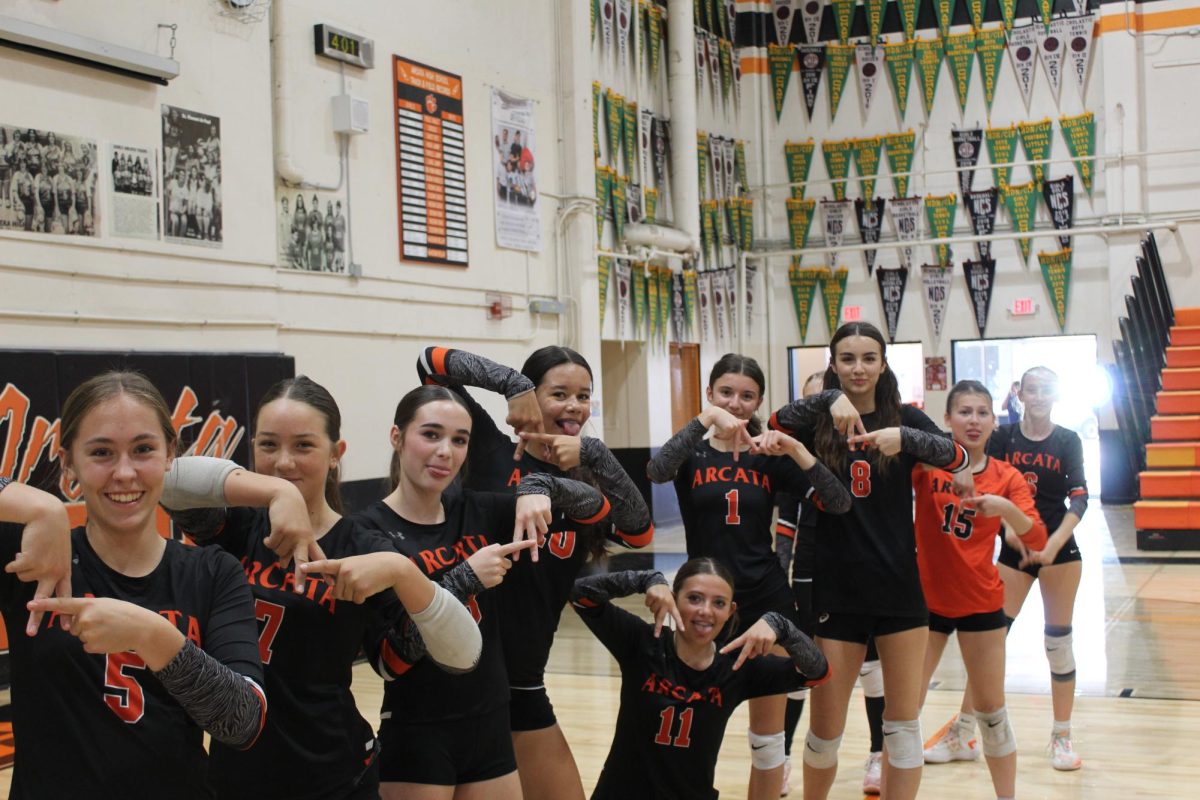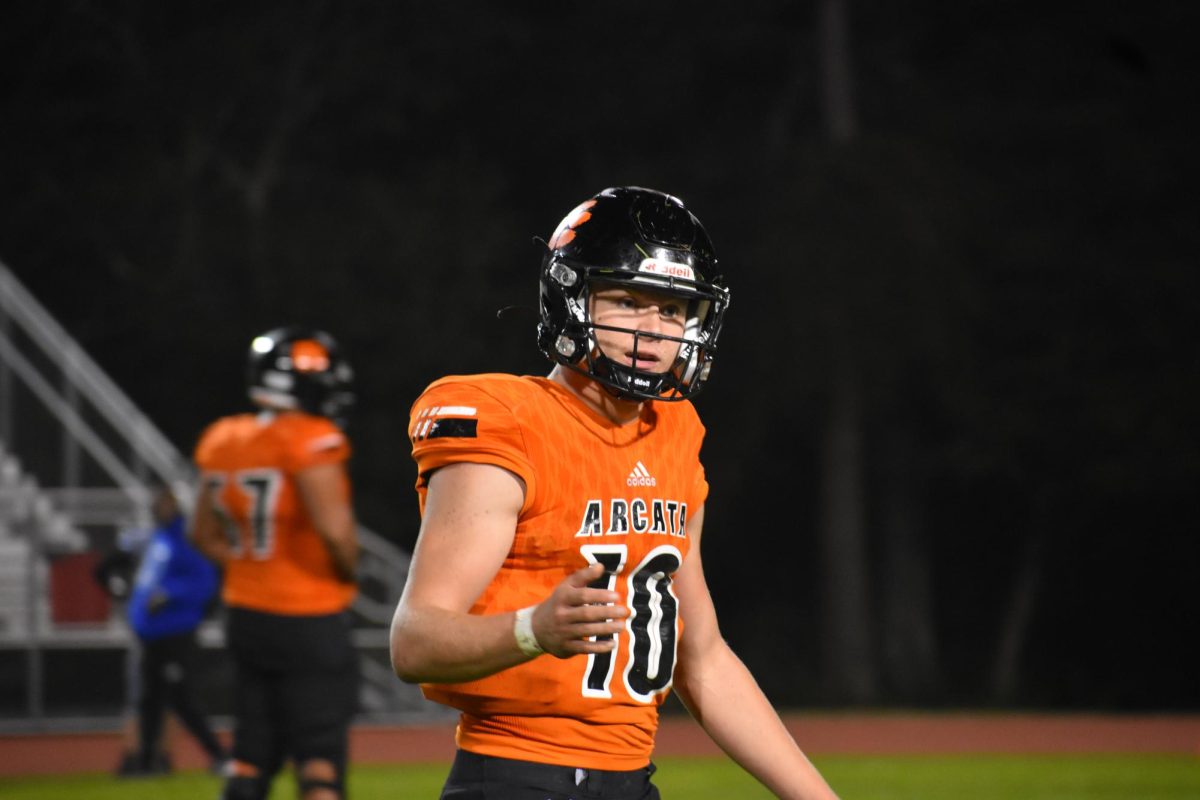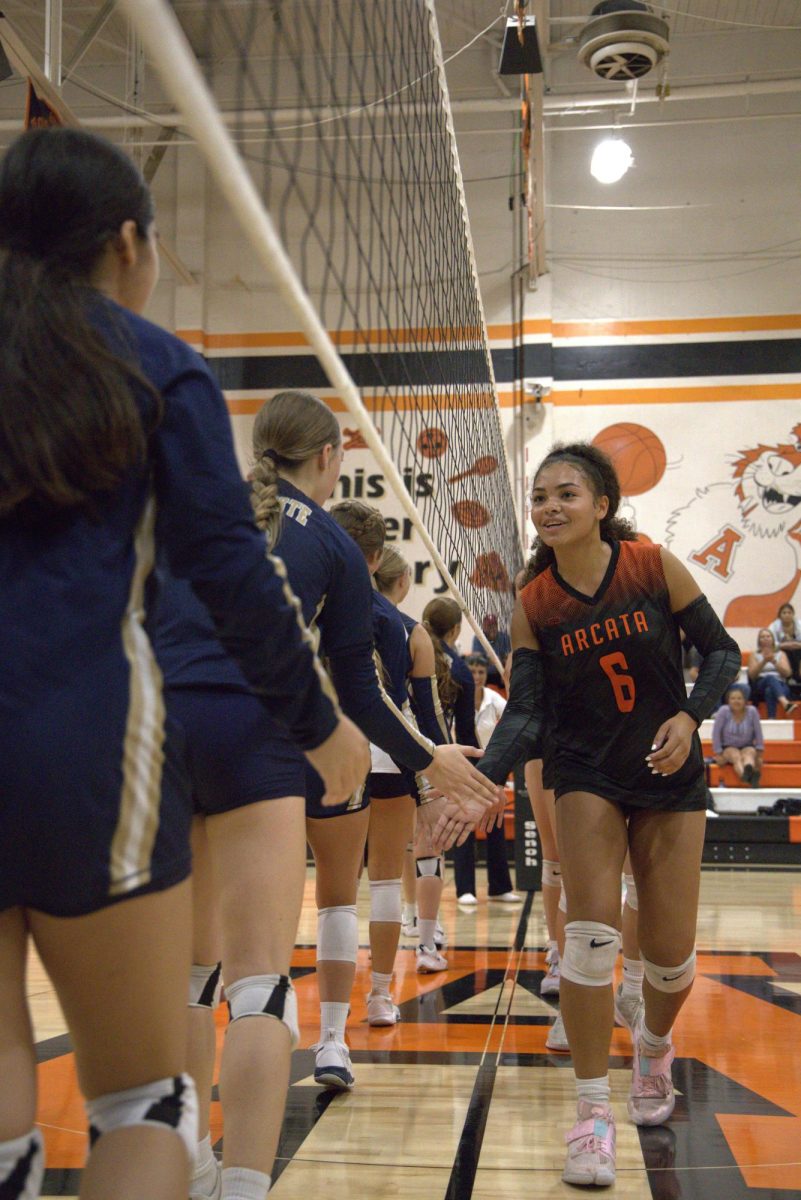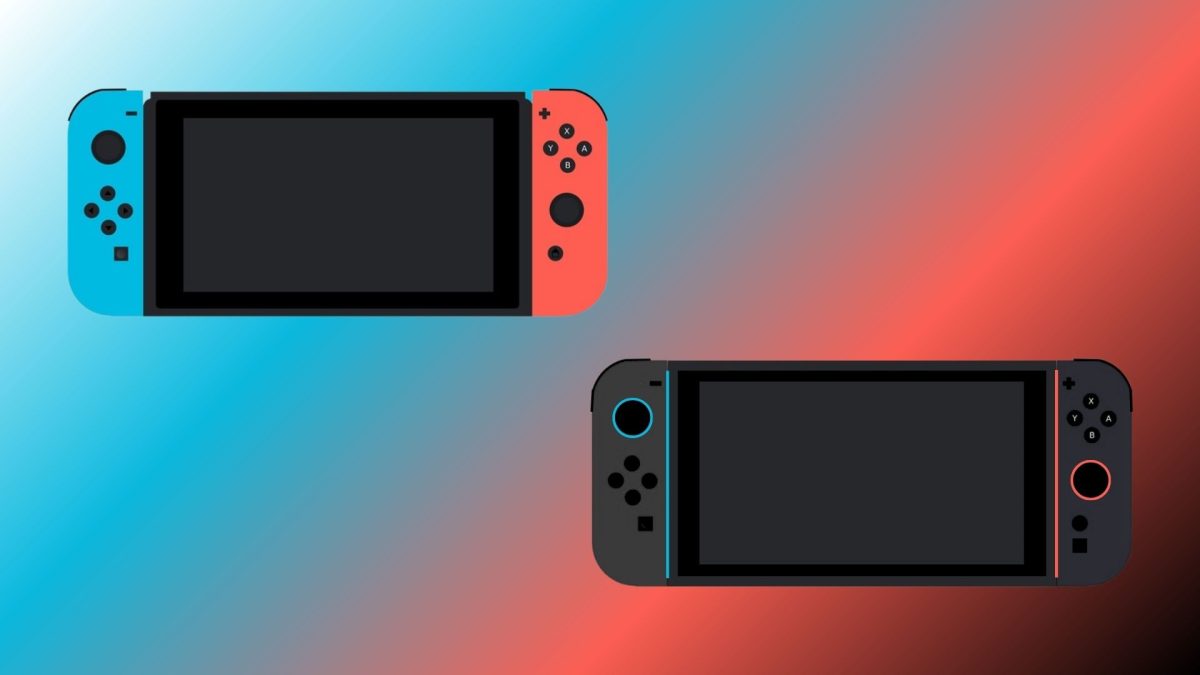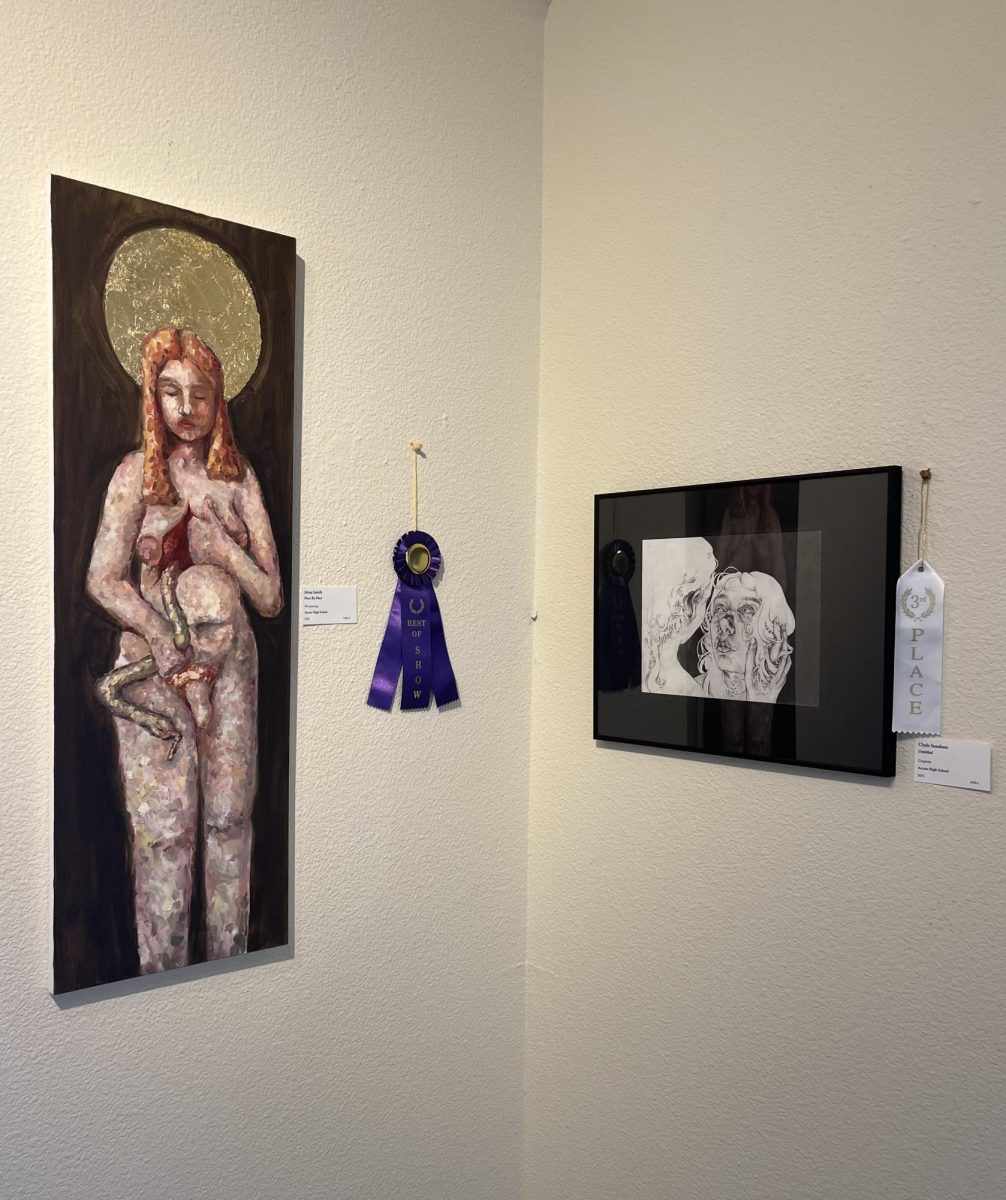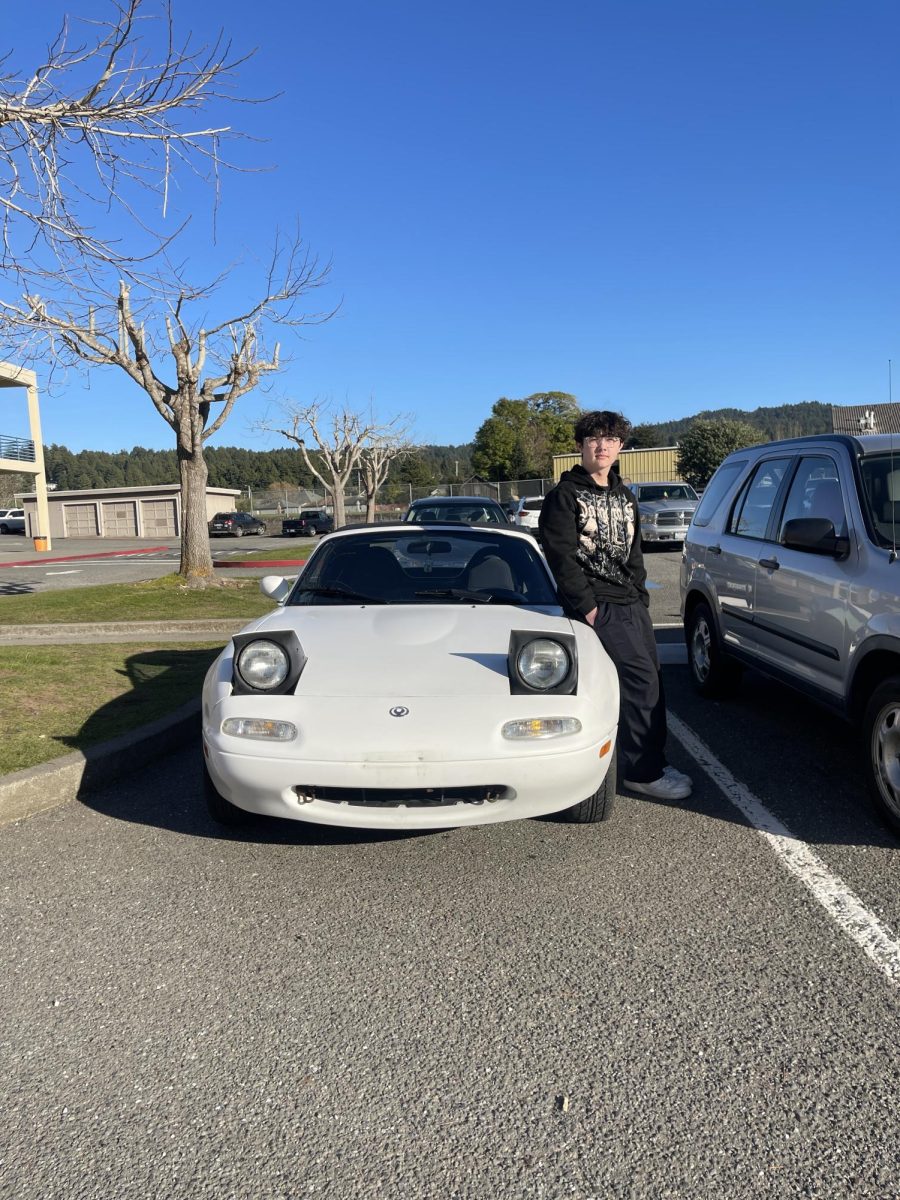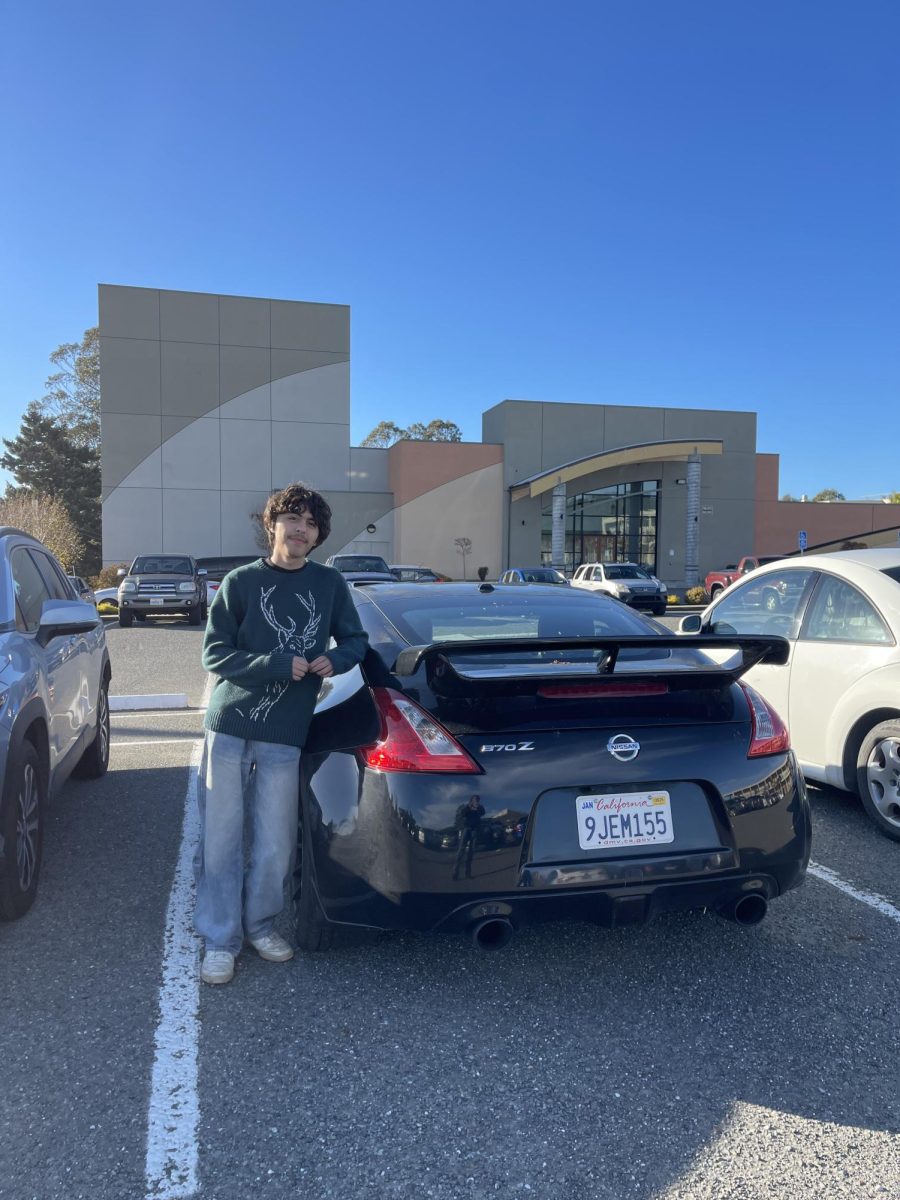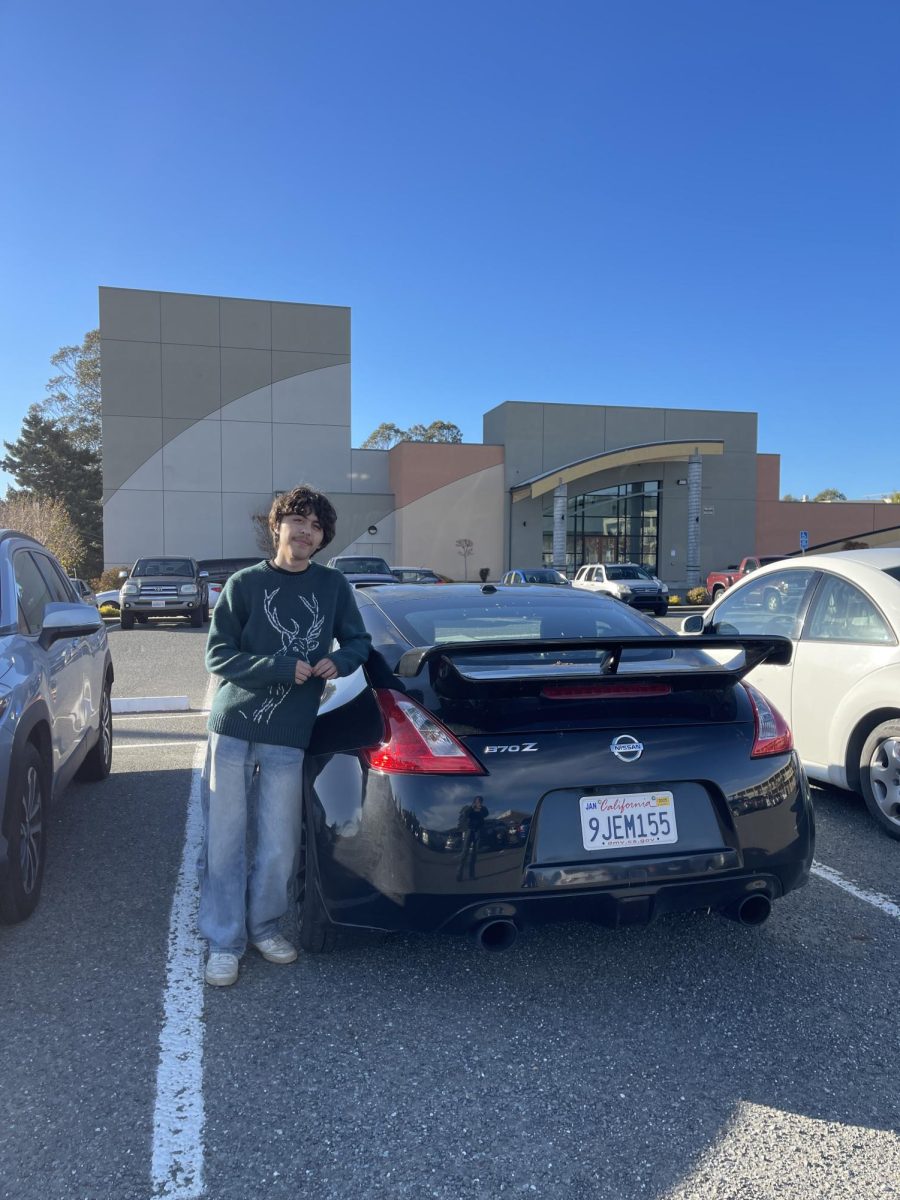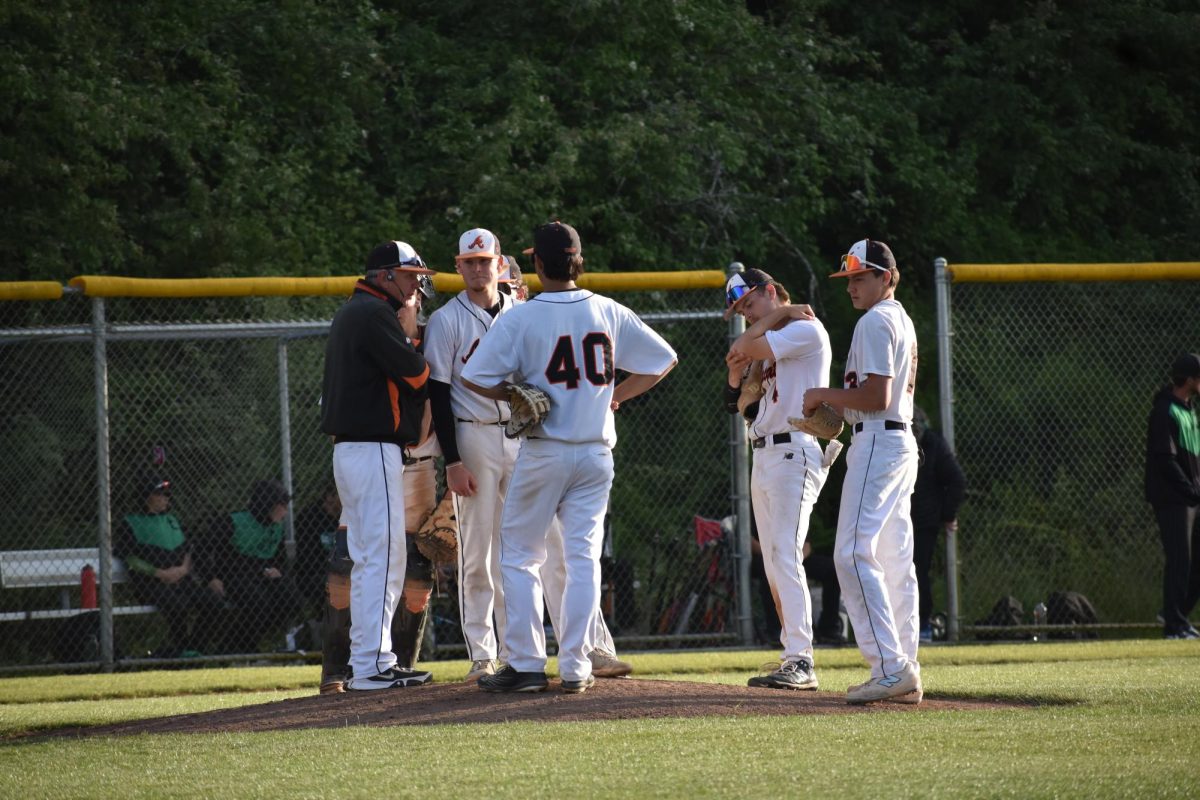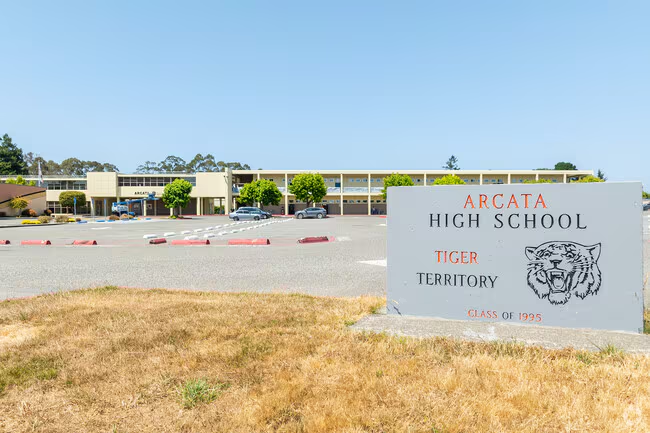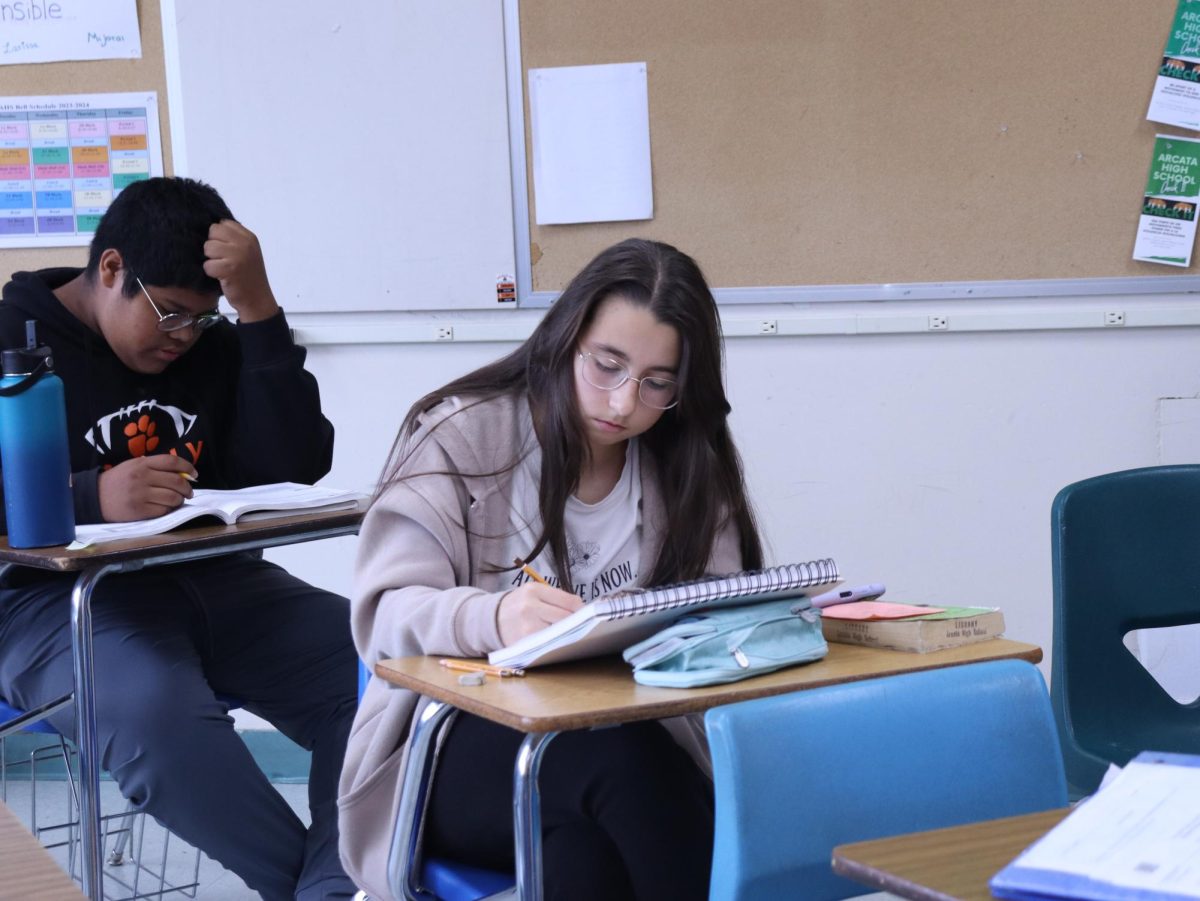We have all heard of the recent horrific violence hammering Ukraine, and the bloodshed flowing across Israel and Palestine. Often, conflicts like these seem to be miles away, and the majority of us don’t focus on such distant matters. But for some Americans, including students at our own school, the battles abroad don’t stop overseas. Rather, they and their families are left restless with the thought of loved ones trapped in the violence.
In most students’ minds there never lies the worry that their family will be drafted or die fighting, but for some students, it is an ever-present feeling.
Vladislav Volkov is a junior at Arcata High with a Russian heritage and a family living in the country. He talked about the impact of the Ukrainian war and the draft in Russia, where some of his distant relatives are being sent off to fight.
“It’s a little scary because conscription is mandatory [in Russia]. Males a little older than me have to go to the army. You like, have to,” Volkov said.
Senior Micah Schiller found out his cousins in Israel were drafted to the IDF (Israeli Defence Forces) early this October. He is worried about them and desperately hopes that the war does not expand, putting them in more danger.
“It’s a small country and a lot of people died. Population-wise, it’s really tough,” Schiller said.
He appreciated the way the Israeli people have been supporting each other. This comes after the terrorist attack made by Hamas extremists, which added fuel to the ongoing conflict. It occurred on October 7th, 2023 and killed over 1,300 civilians in Israel, according to Israeli officials.
“The comradery of the Israeli people really gives me inspiration,” he said. Despite this, overall he holds a sense of exhaustion over the conflict. “When you look into it, there is no winner or loser. No good guy and bad guy. It’s just violence,” he concluded.
Adul Aziz, a recent graduate from Mckinleyville High School currently has a multitude of family in Gaza dealing with the ongoing effects of the war as well.
“[The bombing of Gaza] is pretty much ongoing, nonstop, it’s always there and no one really pays attention,” Aziz said. The Health Ministry in Gaza, run by Hamas, reports that over 4,300 Palestianians have been killed by Israeli bombings as of October 22nd, and that wasn’t the beginning of this extended conflict.
Aziz talks to his family in Gaza regularly and is accustomed to the frequent casualties even within his own family. “Every time they get a bomb, we call them. ‘Hey, how you guys doing?’ [and then they respond] ‘Oh, uh, someone passed away. We had to bury him,’ [and then] we send our condolences,” Aziz said.
For some students, the violence and displacement isn’t only second hand. Freshman Mariia Vasileva left Russia less than a year ago and though she has felt welcome here, she didn’t want to leave her home country. She recounted the difficulties of adjusting to a completely new place.
“The hardest part is probably [having] to part with friends and loved ones,” Valisleva said.
She has family in both Ukraine and Russia–her family in Ukraine being in the midst of the violence.
Vasileva is not only worried about her family but is thinking about the political situations in the countries with regard to her own future as well. She wants to go back to Russia and pursue her dream of being an artist in her home country, but she’s uncertain this will be possible due to the turmoil.
Sophomore Eugen Molchanov is a Ukrainian immigrant who has been living in Poland for over a year. He recently moved to Humboldt. Along with the hardships of being displaced, he also has family left behind in Ukraine.
“My [younger] brother refused to go, and my father can’t [immigrate] because of martial law,” Molchanov said. Martial law is a mandatory conscription into military services; it has been issued throughout Ukraine for many young men and some women.
Molchanov misses his family all the way across the sea, but his transition into the US has gone generally smoothly. Though he feels misunderstandings arise from being an immigrant, he appreciates the quality of American education and feels like the school system gives him many academic opportunities.
“People in the US are very friendly to immigrants and I felt very welcome, [but] the majority of Americans do not care about Ukraine.” Molchanov said.
There is no doubt that these young people with such close ties to cities brutally bombed are enduring significant distress. Though all of these students have their own skills and dreams of being everything from an art student to a doctor, in growing corners of their lives constantly rests hard truths of family and friends in danger.
During these moments, it is important to be thoughtful and support our classmates and friends. An ELD (English Language Development) teacher, Kira Ford, stressed the importance of creating a welcoming environment at our school and in our community.
“The diversity between students and cultures is the most enriching part [of the class and our school]. I think that there is a spot for everyone,” Ford said.
Further, she values kindness and sympathy, especially in hard moments like these where the world seems to be breaking down into chaos and society thrown into pieces.
“Kindness ends up being the most soothing method… Just be kind,” she said.

